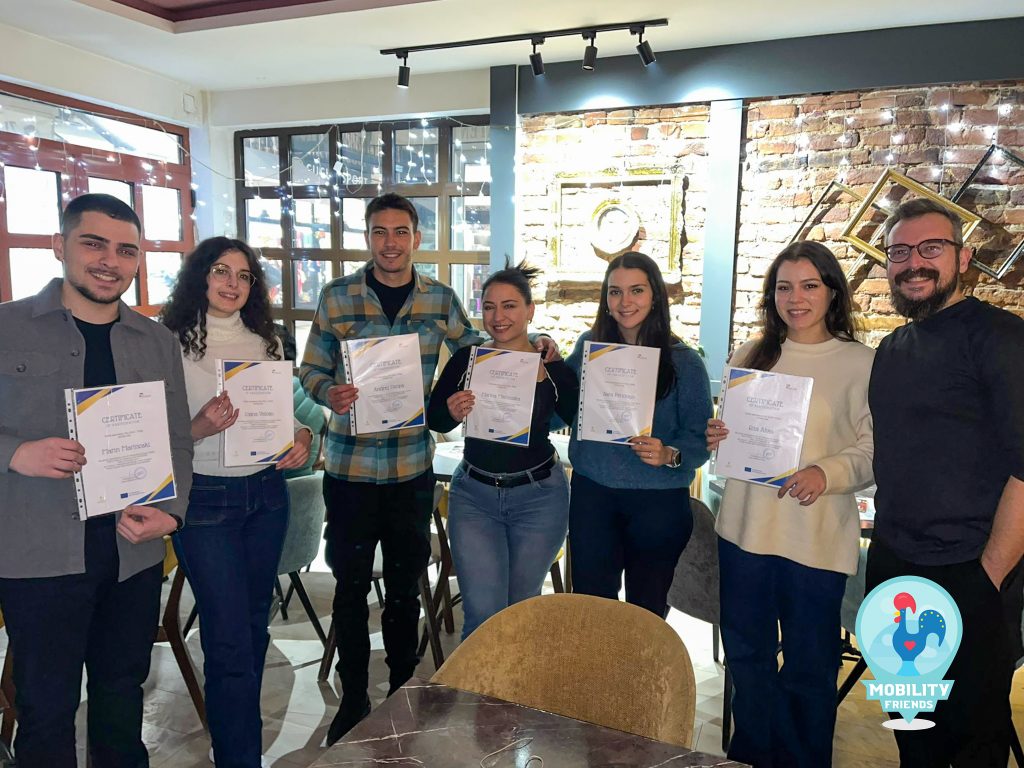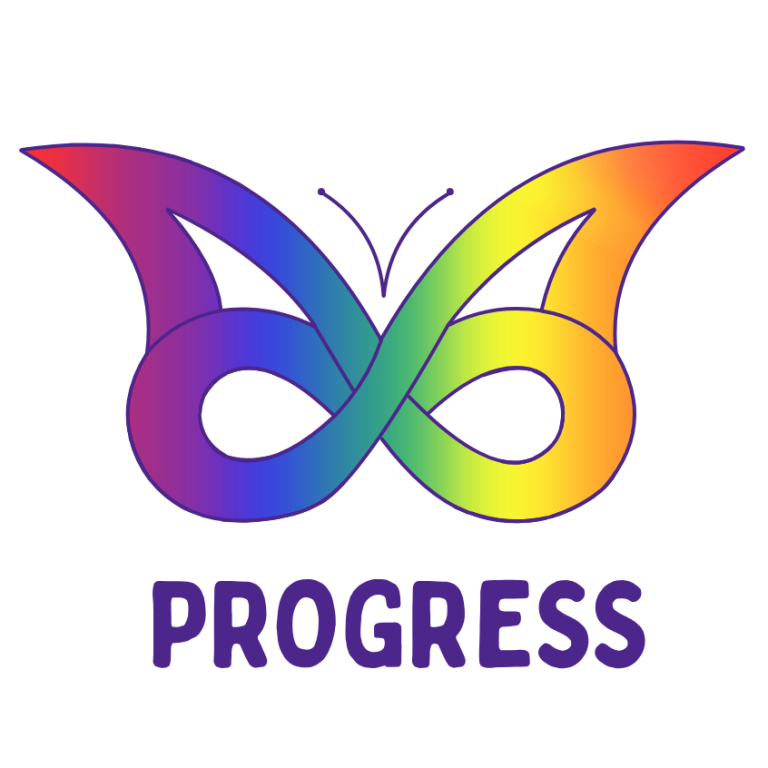Youth Motivation – “Youth Motivation” aims to improve of the quality of youth work across the EU regarding development of skills of the youth workers, and sharing inclusive tools and methods for working with youngsters coming from different backgrounds.
These skills of the youngsters can foster improvement of their involvement in every sphere in society. The newly gained creative skills can help them in improving the quality of life and productivity.
During the Covid-19 crisis, many youngsters felt detached from their daily activities, and through the creative methods and tools, we’d like to achieve improved inclusion of this category, to improve cohesion, to find common ground and to start interacting and connecting with one another.
Our objective is also to support educators and youth workers, educational leaders and support staff by enhancing their skills and competences through a Career Guide and eBrochure.
1st TPM
In the first Transnational Project Meeting (TPM) of the Youth Motivation project, held in Bad Neustadt, Germany, our partners came together to share ideas on the topic of youth work and working with marginalized youth to find solutions that meet the identified needs. We had the opportunity to develop new ideas, distribute tasks, and define the responsibilities of each partner.
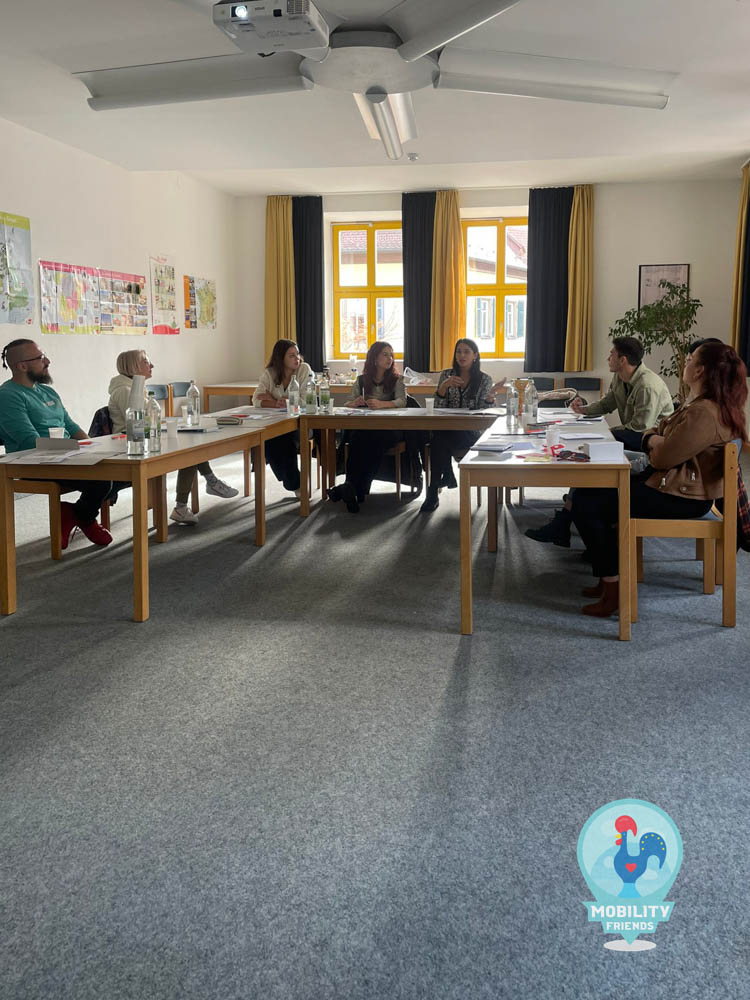
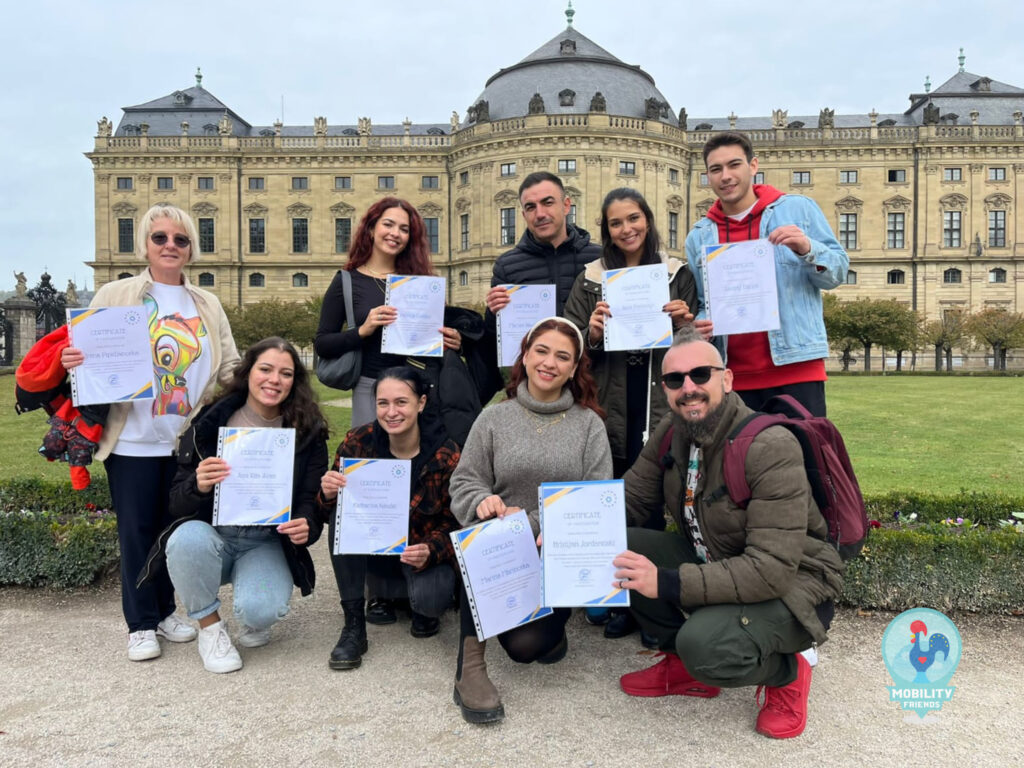
The consortium also deliberated on strategies to monitor the project’s progress and discussed ways to effectively promote our initiatives on social media.
Additionally, we took the opportunity to establish the visual identity of our project. This included designing a logo and creating promotional materials to ensure that the entire community has access to this relevant work.
By the end of the meeting, we had a solid foundation for our project, strengthened by the collective expertise and creativity of our partners. The work developed in this meeting was crucial to the success of the following steps and the evolution of our work development.
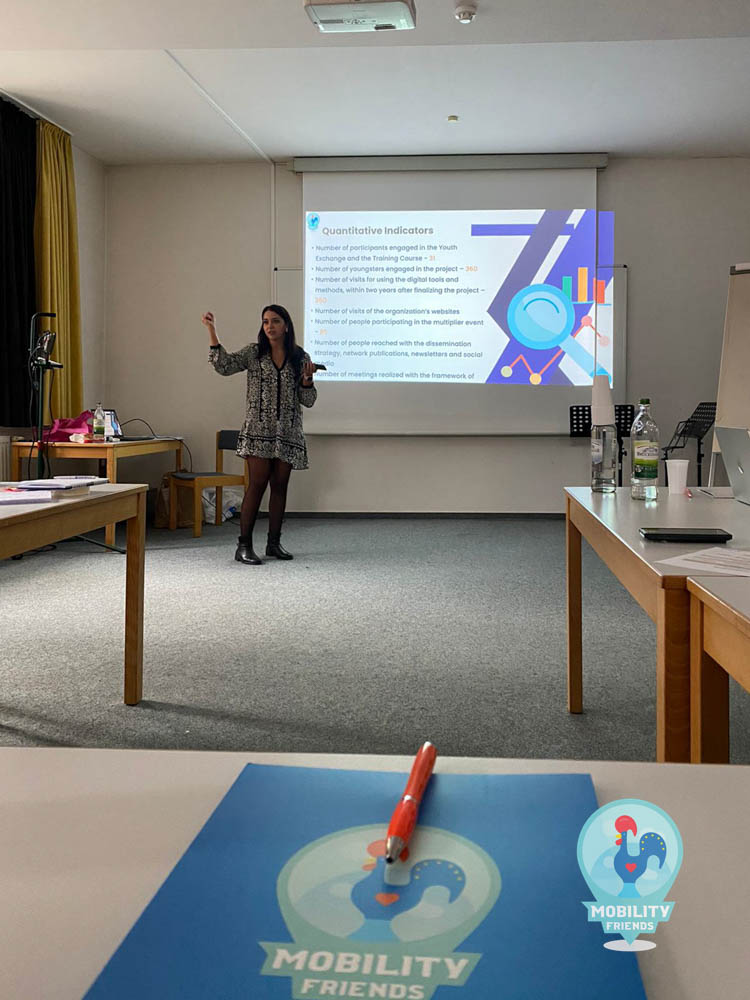
2nd TMP
In the second Transnational Project Meeting (TPM) of the Youth Motivation project, held in Funchal, Madeira, all partners presented the research they conducted before the meeting on various digital tools for inclusion and workshop organization.
We proceeded with the presentation of the Methodology Manual, which included methods to be tested later in the training course and Youth Exchange. We discussed the improvements and changes needed and evaluated the quality of the presented methods.
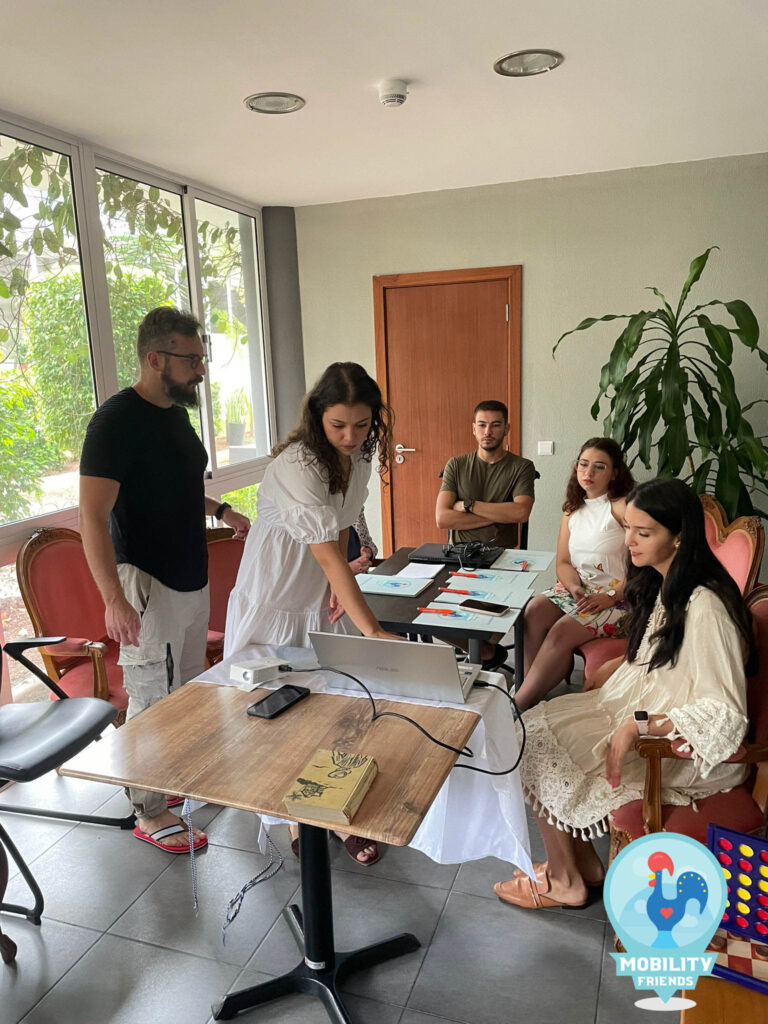
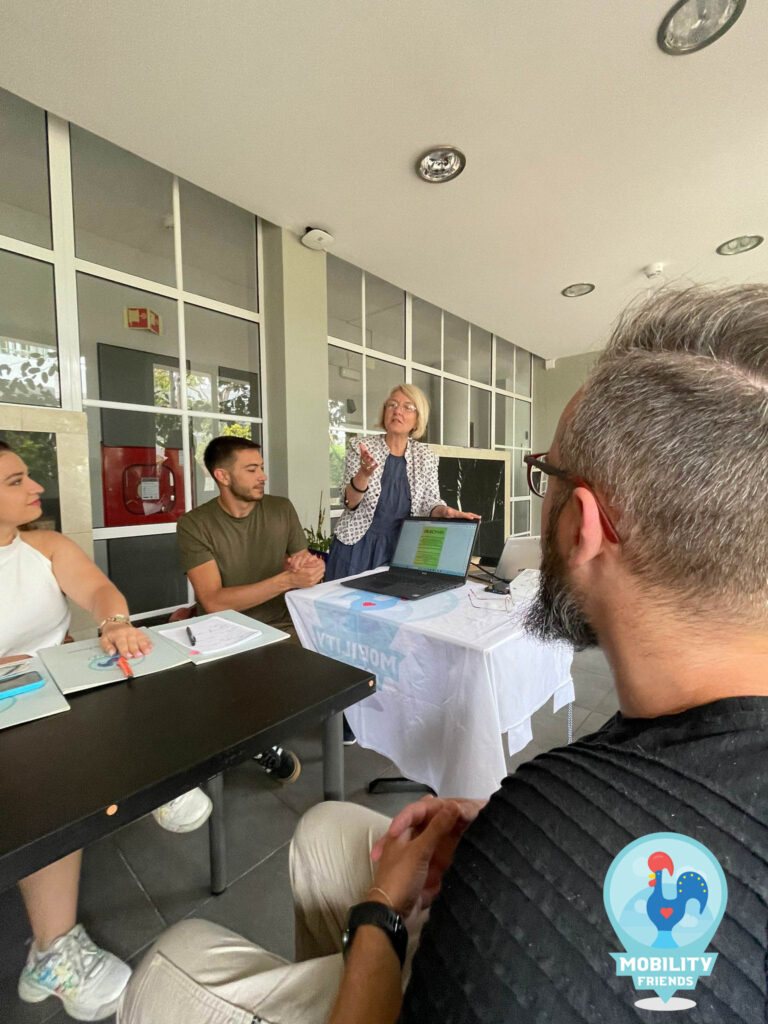
We also presented the results from the previous TPM, which were very positive.
We began preparing for the Training Course, covering participant selection, facilities, and program planning, to be held in Madeira, and the Youth Exchange, which will take place in Germany.
Lastly, we reviewed the dissemination strategy, the evaluation strategy, and the monitoring strategy.
3rd TMP
On January 18 th to 21 st 2025, we traveled to Prilep, North Macedonia, to participate in the third TPM of the Youth Motivation project.
As this was the final transnational meeting of the project, the first part of our meeting focused on discussing the results achieved so far and reviewing the activities carried out in the past few months. The final version of the Methodology Manual was presented, and each partner provided their feedback, which was very positive.
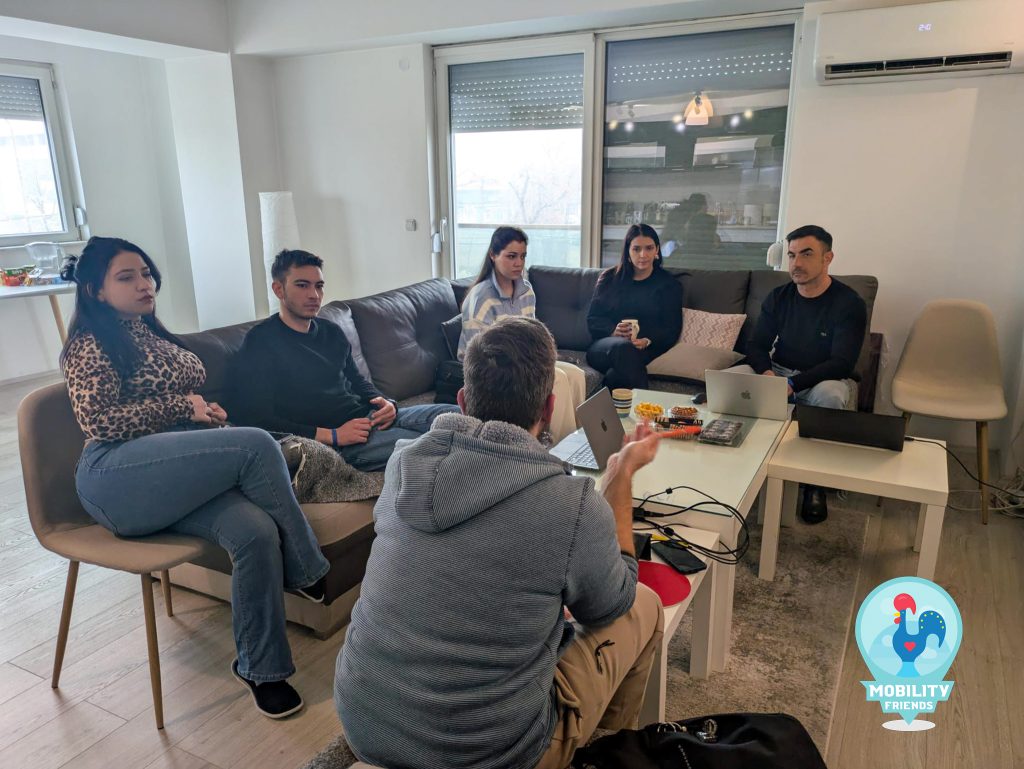
The Career Guide was also introduced, which will be a great tool to help young people define a concrete plan for their career when entering the job market.
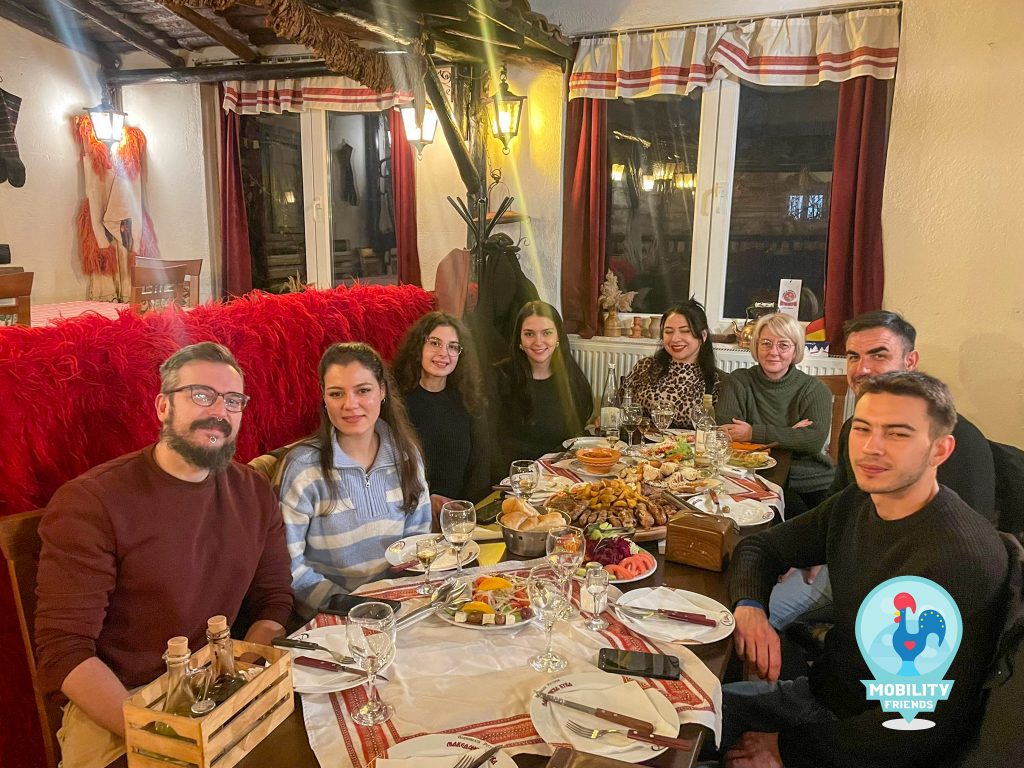
On the second day, we focused on the dissemination strategy plans until the end of the project and assigned tasks to each partner. We discussed the planning of the Multiplier Events, deadlines, and all the necessary documents for the project’s success. Deadlines for the Final Report were set, and we conducted an evaluation of the project and all its outputs.
Finally, we received our participation certificates. The feedback from this last TPM and the project overall has been very positive. Communication between partners was always very smooth, and all deadlines were met as planned. We are now ready to share our work with the community and make a difference in the future of many youth workers.
